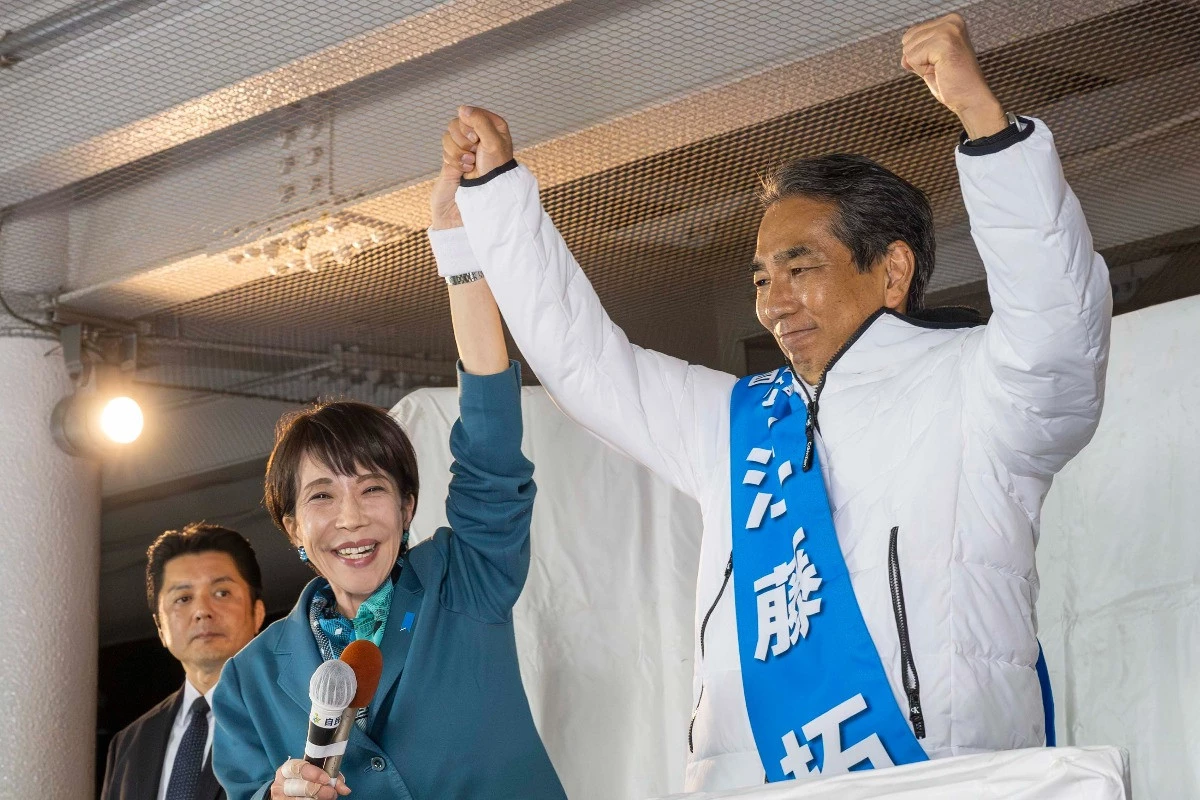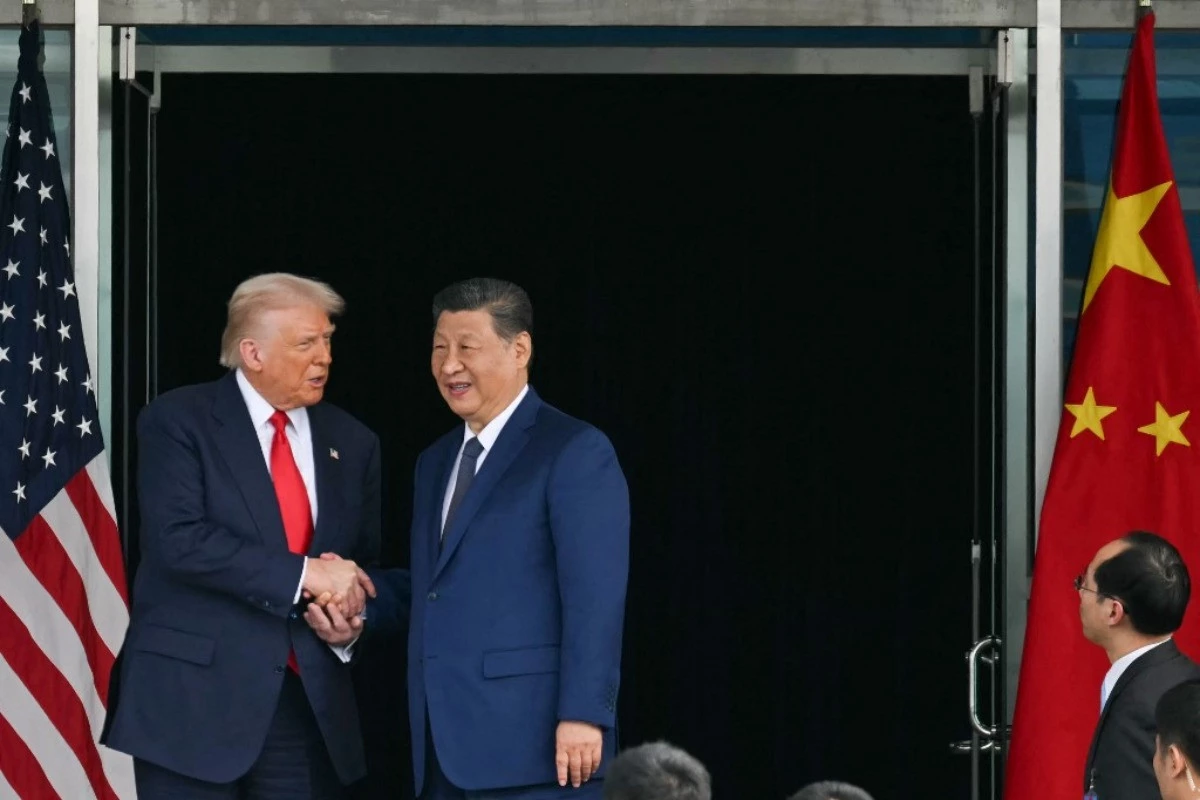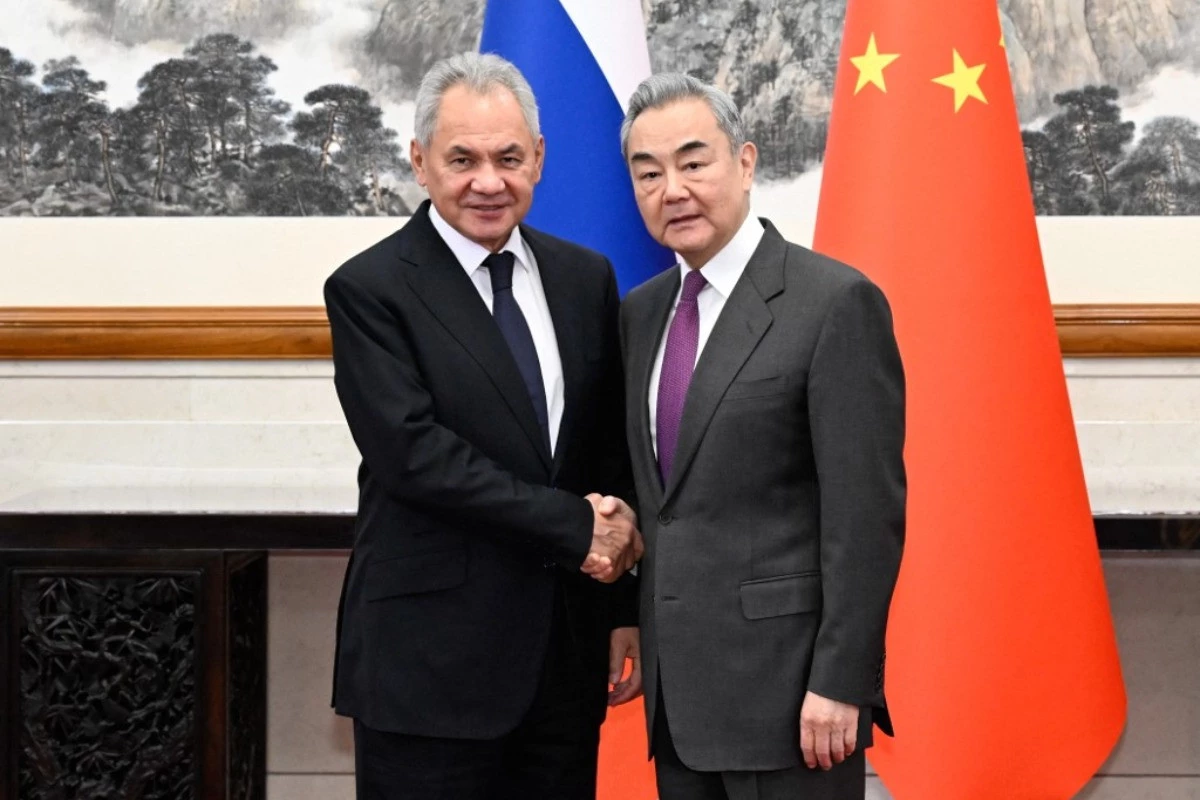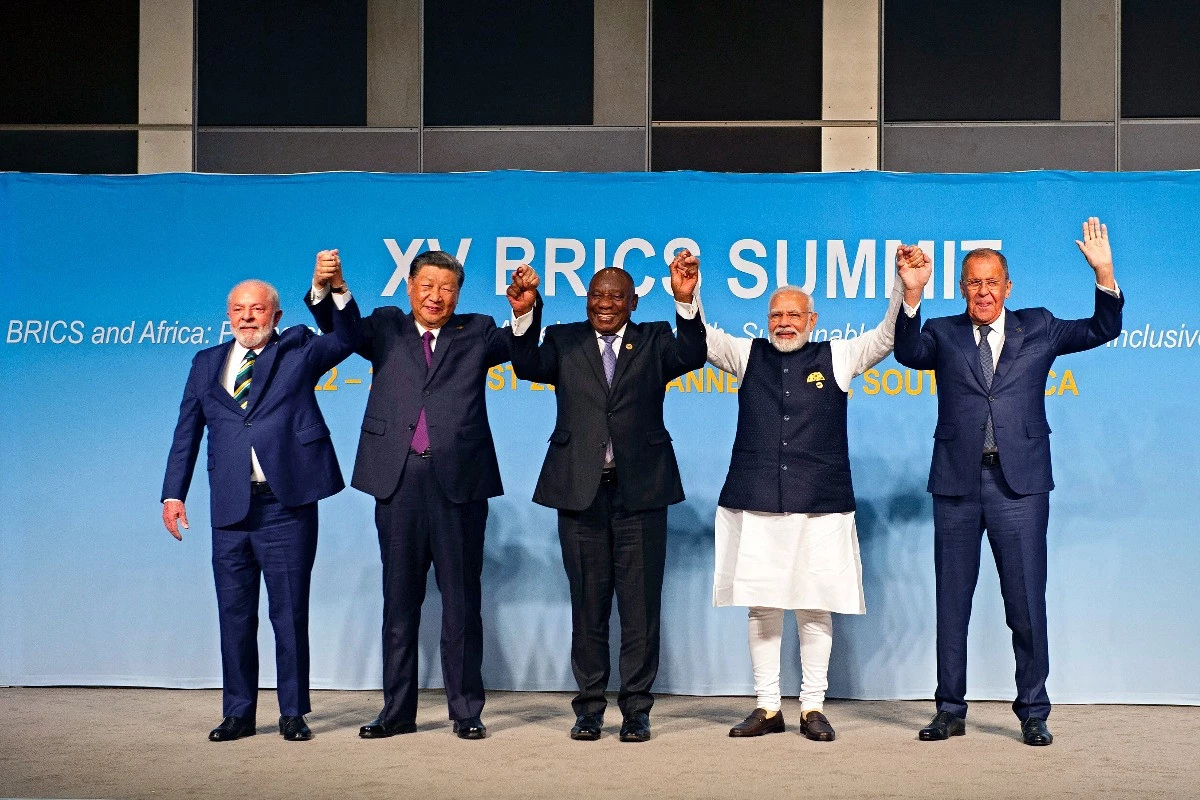While the new members boost BRICS’ economic clout and imbue it with energy superpowers like Saudi Arabia, the additions also risk making the group increasingly unwieldy and divided over key issues, stymieing its ability to act cohesively on the world stage.
“The lack of political and economic homogeneity is one of the major challenges for the BRICS that could impede the bloc from acting effectively as a collective in the short term,” said Omar Khadr, a Middle East, North Africa, and Turkey intelligence analyst at Sibylline Ltd.
He cited existing tensions between BRICS’ core members as one obstacle, like the border conflicts and rivaling trade corridors between India and China. The rift between Egypt and Ethiopia over water security is another “intra-dispute” that could intensify without resolution, he said.
Beyond bilateral spats, BRICS faces broader ideological hurdles now that it represents a wider array of political, economic, and social systems.
“One of the reasons [a BRICS currency] is largely a pipe dream is that BRICS nations are not going to peg themselves to a currency that their competitor controls,” said Prakash, noting how India would be loath to cede monetary policy to China, for instance.
He argued the bloc must identify areas where genuine cooperation is viable without “letting paranoia and old suspicions come in the way,” like food security, demographics, and climate initiatives.
Looking ahead, there is much speculation over whether other major economies could join a future expansion round. But the experts had mixed views on two oft-mentioned candidates: Turkey and Argentina.
Khadr assessed that Turkey will likely keep pursuing closer BRICS ties but may not be fully keen on membership soon due to factors like its current administration’s policies.
As for Argentina, “I think [it] is unlikely to join the bloc as long as [President] Javier Milei is in power,” Khadr said.
So which nations could be the next to join BRICS?
Prakash believes Indonesia, poised to become a major world economy, stands a high chance, as does Morocco due to its position linking Africa with Europe and China’s Belt and Road infrastructure initiative.
But he questioned whether the existing BRICS members could even overcome their own differences to align on admitting nations like Turkey, Argentina, or France – which has previously expressed interest – given the complex web of opposing stances on issues like the Israel-Palestinian conflict.
“How does this clear contrast and opposing positions work in geopolitics? In any other setting, it could lead to paralysis and inertia,” said Prakash.
Nicolas Michelon, geopolitical risk expert and Partner at Confluence Consultants, believes that Turkey and Morocco could be invited to join the bloc, he said in a recent interview on the AB Majlis podcast.



